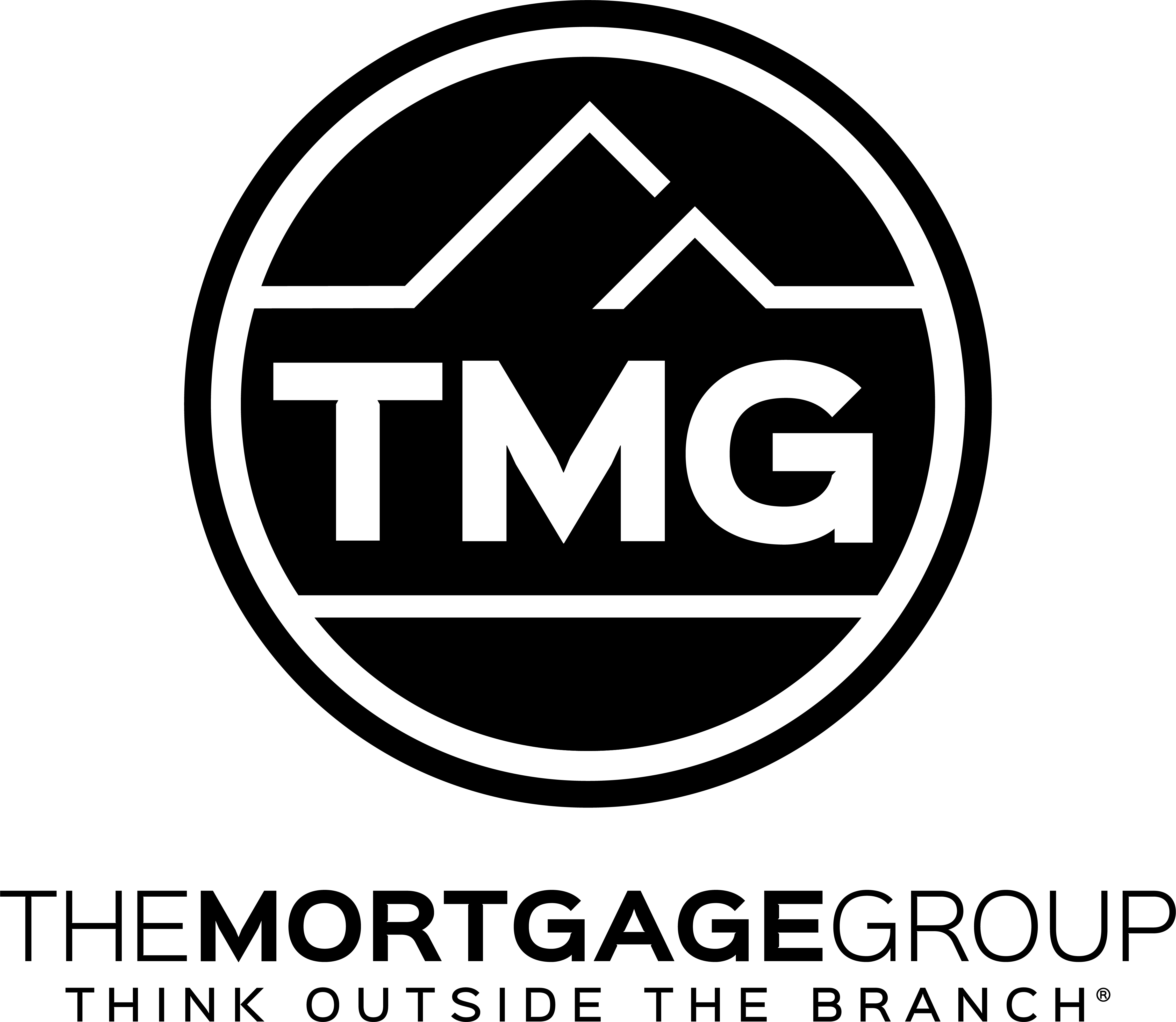Surprisingly, 2020 turned out to be a banner year for home sales as the number of new listings lagged, causing prices to soar. According to the Canadian Real Estate Association, December data showed that, nationally, home sales surged 7.2% month over month during the Fall (a time when home sales are usually slower).
A new seasonally-adjusted record was hit in December (when it’s normally slow) with the monthly number of sales surpassing 700,000, beating the previous record by 12,000. For the sixth straight month, sales activity was up in almost all Canadian markets as compared to 2019. The greater Toronto and Vancouver areas drove these gains by 20%.
Year over year, sales activity rose by 47.2% as interest rates hit record lows and housing needs changed as a result of the pandemic. This increased the demand for an already diminished number of homes on the market. This occurred even despite the reduction in new immigration into the country due to Covid-19 border restrictions.
In 2020, over 550,000 homes changed hands over the MLS system (a new record!) for an increase of 12.6% as compared to 2019.
New Home Listings
It will be interesting to watch 2021 to see how many homeowners put their houses up for sale and where prices will go, especially in relation to demand. Current demand estimates are probably not completely reflected in the number of sales, as many buyers were not able to secure housing because of the weak supply and tremendous demand.
On New Year’s day, there were only 100,000 residential listings on Canadian MLS systems, which is a 3-decade record low. With a major supply problem, home availability may not meet all the requirements of all home purchasers, which means they may have to settle for homes that don’t completely meet their needs, but are affordable. This could lead to more movement later on.
Sales to new listings ratios also met a new high of 77.4%, whereas the usual sales to listings average is 54.4%. This means that a higher percentage of the listed homes actually sold.
30% of markets were balanced in December, 70% were above normal, and many were well above. In Ontario, markets had only one month of inventory left at the end of December.
Increasing Home Prices
The MLS home price index rose by 1.5% month over month in December 2020. 40 markets were tracked, and prices dropped in only one of them. The non-seasonally adjusted home price index was up 13% year over year, which was the biggest gain since June 2017. This seemed to be fueled by home purchasers moving outside of big cities to pursue cheaper suburbs, bigger homes, and greener pastures because they can now work from home or are willing to commute.
The nationally non-seasonally adjusted average home price was a record $607,280 in December 2020, which was up by 17.1% from the same month last year.
The City of Barrie had a banner year as well. The average price in Barrie and the surrounding District is $613,600, up a whopping 22.82% over last year. This was certainly evident in real estate activity over the last few months, which included multiple offers whereby many homes sold way above the asking price.
Looking Forward
Home purchasers that maintained their income levels during the pandemic, desired more spacious homes, and were qualified were encouraged by low mortgage interest rates and lower prices than the big city to move out.
2020 ended with National home price increases at an average of 17.1%, despite the 9–18% decline as predicted by CMHC in March when we went into lockdown. All appearances suggest that 2021 will also be a strong year for housing with a possible new high number in annual sales. In fact, supply may not keep up with demand fueling price increases.
Once the pandemic is over and we return to a more normal life, interest rates may begin to rise, slowing the demand for housing and we may see some affordability issues into 2022. Immigration may also play a part in the demand for housing when pandemic restrictions are eased.
On the whole, given the current situation we find ourselves in, the housing market did not crash as predicted. Perhaps a combination of government planning, programs, and employment growth after the initial lockdown has saved us from worse economic and housing woes.
For a more in-depth review on 2020 housing trends, check out Dr. Sherry Cooper’s 2020 Was a Blockbuster Year for Housing.
If you have any other questions about our mortgage services, give me a call at (705) 791-6683. You can also send me a message online.







